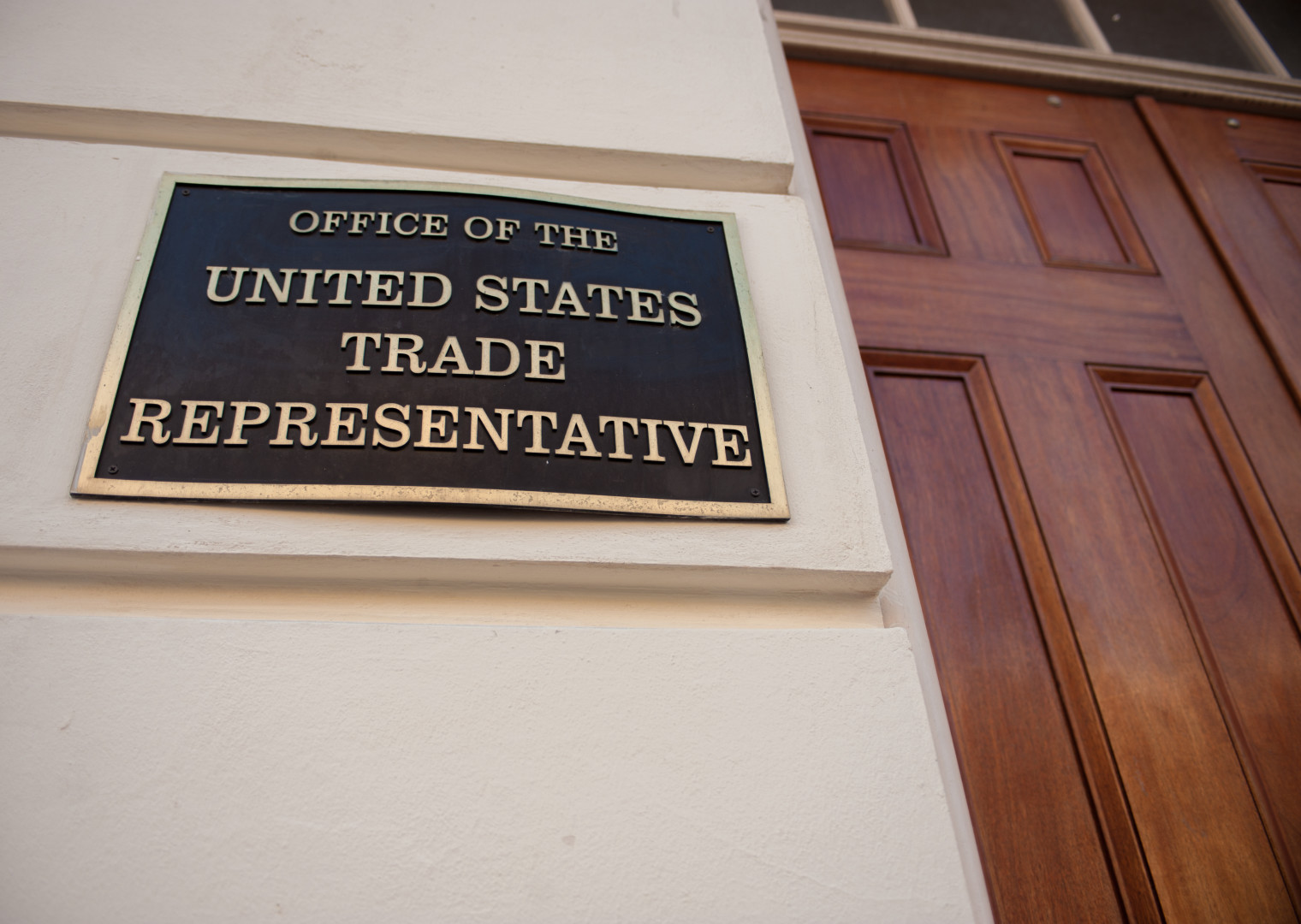U.S. Trade Representative (USTR) Ambassador Katherine Tai testified before the Senate Finance and House Ways and Means Committees this week. Biofuels champions Sen. Chuck Grassley (R-Iowa) and Rep. Darin LaHood (R-Illinois) took the opportunity to call attention to the ethanol industry’s current trade barriers with Brazil, and to ask the Ambassador directly what action is being taken to address them. Take a look:
In both of her responses, Tai reiterated that USTR and the Biden administration continue to engage with Brazil on this issue and that it’s one of their top priorities.
We’re grateful to our champions for continuing to hold Brazil accountable for these unfair trade practices and we look forward to continuing our work with both USTR and the U.S. Department of Agriculture (USDA) to level the trade playing field for ethanol producers.
Continued Trade Engagement this Year
Ahead of this week’s hearings, Growth Energy, along with U.S. Grains Council and the Renewable Fuel Association, submitted comments to the Brazilian Chamber of Foreign Trade (CAMEX) regarding the Brazilian tariff on imported U.S. ethanol. Rep. LaHood and Rep. Randy Feenstra (R-Iowa) had also led a letter of over 20 Members of Congress encouraging USTR and USDA to do the same (read the full letter here).
Additionally, the co-chairs of the Agriculture Trade Caucus, Reps. Jimmy Panetta (D-Calif.), Adrian Smith (R-Neb.), Jim Costa (D-Calif.), and Dusty Johnson (R-S.D.), led 24 of their colleagues in the House urging the Biden Administration to make agriculture a priority in its trade agenda by reducing tariff and non-tariff barriers for American agricultural exports, including ethanol.
Sen. John Thune (R-S.D.), along with Senators John Boozman (R-Ark.) and Mike Crapo (R-Idaho) led 19 of their Senate colleagues in urging Ambassador Tai and USDA Secretary Vilsack to increase U.S. agricultural exports and improve the competitiveness of U.S products abroad.
Background on Brazil
On February 1, 2023, CAMEX reinstated an import tariff on American ethanol exported to Brazil. Ethanol from the United States is subject to a now 18 percent tariff, while ethanol shipped to the United States from Brazil receives duty-free treatment. Moreover, Brazilian ethanol imports are incentivized under the U.S. Renewable Fuels Standard and the newly created 40B Sustainable Aviation Fuel tax credit, as well as California’s, Oregon’s, and Washington’s Low Carbon Fuel Standard program. This treatment is not reciprocated for American corn ethanol in Brazil.

